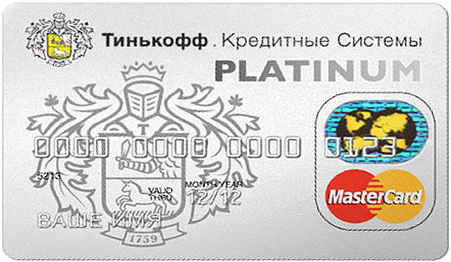Reversing the Charges
Twenty thousand words. That’s roughly the equivalent of a thirty to forty page high school term paper. But in this case, the documents in question aren’t written by a tenth grader comparing and contrasting “1984” and “Brave New World.” They were written by a team of attorneys, and those 20,000 or so words likely need another team of attorneys if one wants to comprehend the documents’ meaning. Yet we consumers sign these contracts anyway. They’re credit card agreements.
That word count comes courtesy of the Wall Street Journal, which further notes that as recently as 1980, the typical credit card agreement ran a mere 400 words — a page and a half or so. For most of us, though, it hardly matters whether the agreement is two pages or two hundred; we’re going to sign them anyway and we’re not going to read it beforehand. A Russian man named Dmitry Argarkov wondered if the same was true for the credit card companies themselves — did they read the fine print? To test, he added some of his own.
Tinkoff Credit Systems, “Russia’s leading provider of online financial services,” according to the company’s website at the time, offered three types of credit cards, and a quick perusal of their benefits suggested nothing out of the ordinary. You can earn points, air miles, etc. simply by using your card (and paying your bills, of course), just like one would expect in the United States and points elsewhere. According to the Telegraph, Argarkov was offered a credit card by Tinkoff, but Argarkov wasn’t interested in their offer — the interest rates were too high. While most people would simply toss the offer letter in the trash, Argarkov got creative. He made a counter-offer.
The terms were, to say the least, very favorable to Mr. Argarkov. His card, if the contract he re-drafted were enforceable, came with a zero percent interest rate, no credit limit, and of course, no fees. He still had to pay his balance, though, but this seemed like a bad deal for the credit card company. Tinkoff could try and enforce their original offer, but Argarkov put in a penalty of three million rubles (about $90,000) for each such violation of his terms. And if Tinkoff wanted to cancel the card outright, they could — but they’d have to pay a six million ruble ($180,000) cancellation fee. Tinkoff did neither — but they did sign Argarkov’s revised term sheet.
Then, Argarkov failed to pay his balance. And why not? With no fees and the zero percent interest rate, there was no pressing need to do so. Of course, Tinkoff didn’t realize this, as no one had read through his revisions. So Tinkoff canceled the card, citing a long overdue balance, and sued their former cardholder for 45,000 rubles — 19,000 from the charges themselves, and another 26,000 in fines and interest. Argarkov defense cited his changes to the document, and the judge agreed that he only owed the 19,000 rubles ($575, give or take).
As for the penalties? Argarkov countersued, seeking 24 million rubles ($360,000) in damages. That suit should hit the Russian courts in September. Tinkoff thinks that it will ultimately prevail. Its CEO and founder, Oleg Tinkoff, tweeted that the company’s lawyers were confident that Argarkov wouldn’t get the money. Rather, Tinkoff asserted, Argarkov would receive jail time for fraud.
The two sides avoided such madness and instead settled the matter. Terms were not disclosed.
Bonus fact: If you’re a purchaser of, say, adult-only content online, and buy such content using a credit card, make sure that the name you use is a male’s name. According to a 2011 article in the Wall Street Journal, the major billing company used by that audience “flags female names as potential fraud, since so many of these charges result in an angry wife or mother demanding a refund for the misuse of her card.” (No word on whether the popularity of “Fifty Shades of Grey” changed that.)
From the Archives: Palladium Credit Card: The $1,000 credit card. As in, the metal it’s made of is worth $1,000.
Related: “The Skinny on Credit Cards: How to Master the Credit Card Game” by Jim Randel. 4.8 stars on 36 reviews, available on Kindle.

